France is edging closer to political turmoil after a new poll revealed that 63% of citizens want the National Assembly dissolved and fresh elections called. With Prime Minister François Bayrou struggling to pass his austerity budget, his government faces the real possibility of collapse — the second in less than a year.
The survey, conducted by polling firm Ifop and released by broadcaster LCI, underscores growing frustration with political deadlock and mounting public debt. Bayrou has scheduled a vote of confidence for 8 September in hopes of securing support to push through reforms aimed at reducing France’s heavy deficit.
Support Fades for Bayrou
Bayrou’s centrist allies, including President Emmanuel Macron’s Renaissance party and smaller centre-right groups, lack the numbers to secure a majority. Hopes of Socialist backing have also evaporated, with the party confirming it will vote against him. Predictably, the Greens and Jean-Luc Mélenchon’s left-wing alliance have also vowed opposition.
This leaves Bayrou with few parliamentary options, while the pressure of public opinion mounts in favour of new elections.
Debt Pressures and IMF Speculation
The government crisis comes as France grapples with a deficit that ballooned to 5.8% of GDP last year, pushing public debt to record levels. On 12 September, credit rating agency Fitch is set to review France’s standing, currently at AA- with a negative outlook — a warning sign of a potential downgrade.
Amid this uncertainty, speculation has grown that the International Monetary Fund (IMF) could intervene if political instability worsens. Finance Minister Éric Lombard did little to quell those fears, warning in a radio interview that such intervention is “a risk before us — one we would like to avoid, but cannot deny exists.”
Macron Holds the Keys
If Bayrou’s government collapses, President Macron will once again find himself at the centre of the crisis. He has three possible paths:
- Appoint a new prime minister – The most likely scenario. Defence Minister Sébastien Lecornu, a close Macron ally with conservative roots, is seen as a frontrunner. But with parliament divided between centrists, the far right, and the left, any new leader risks the same fate as Bayrou and his predecessor, Michel Barnier.
- Call snap elections – A riskier option that could break the deadlock but might also deepen instability. Last year’s elections created the fragmented parliament that now blocks reforms. Still, opposition parties, from the Socialists to Marine Le Pen’s National Rally, are pushing hard for a return to the polls.
- Resign from office – The least likely scenario. Macron has repeatedly ruled out stepping down before his mandate ends in two years. Yet some observers argue his credibility hinges on implementing a 2026 austerity budget to cut spending and reduce deficits.
No Clear Resolution
Despite the scenarios, none offers a guaranteed path out of France’s year-long political stalemate. Austerity measures remain deeply unpopular, opposition forces are emboldened, and the economy is under intense scrutiny from markets and credit agencies.
For now, Macron faces growing calls to dissolve parliament, while Bayrou prepares for what looks set to be a decisive — and potentially fatal — confidence vote. France’s political future remains mired in uncertainty, with no straightforward way out.
Source: Tovima.com
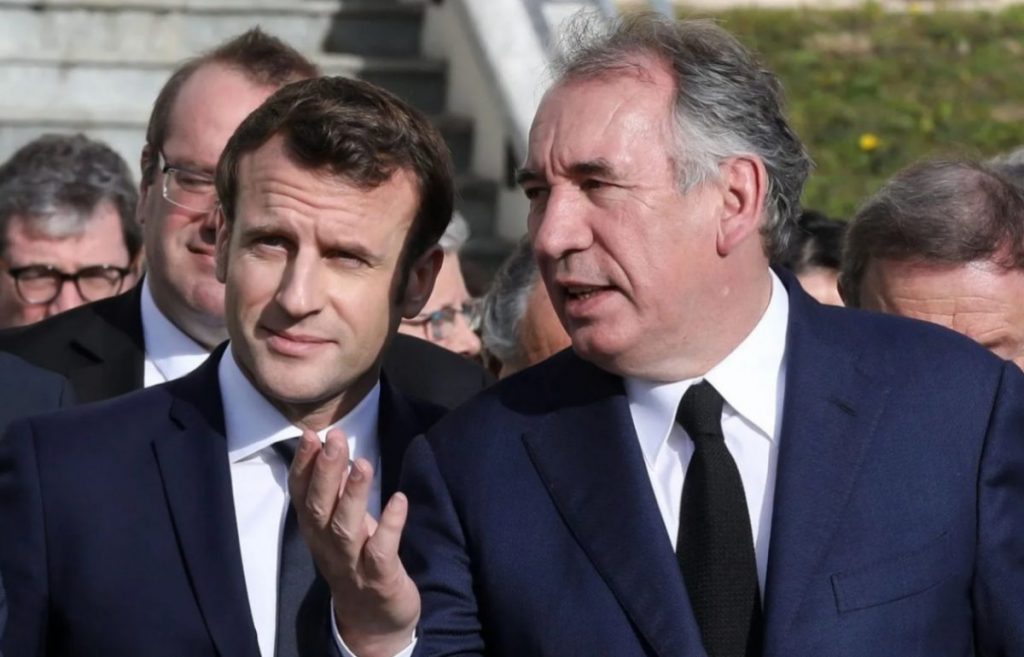
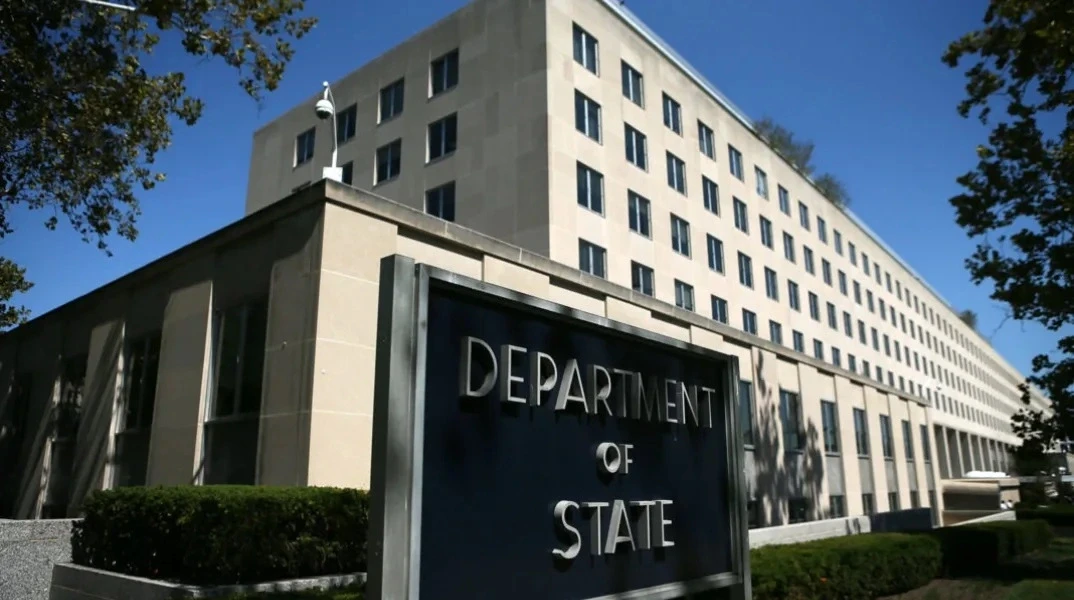
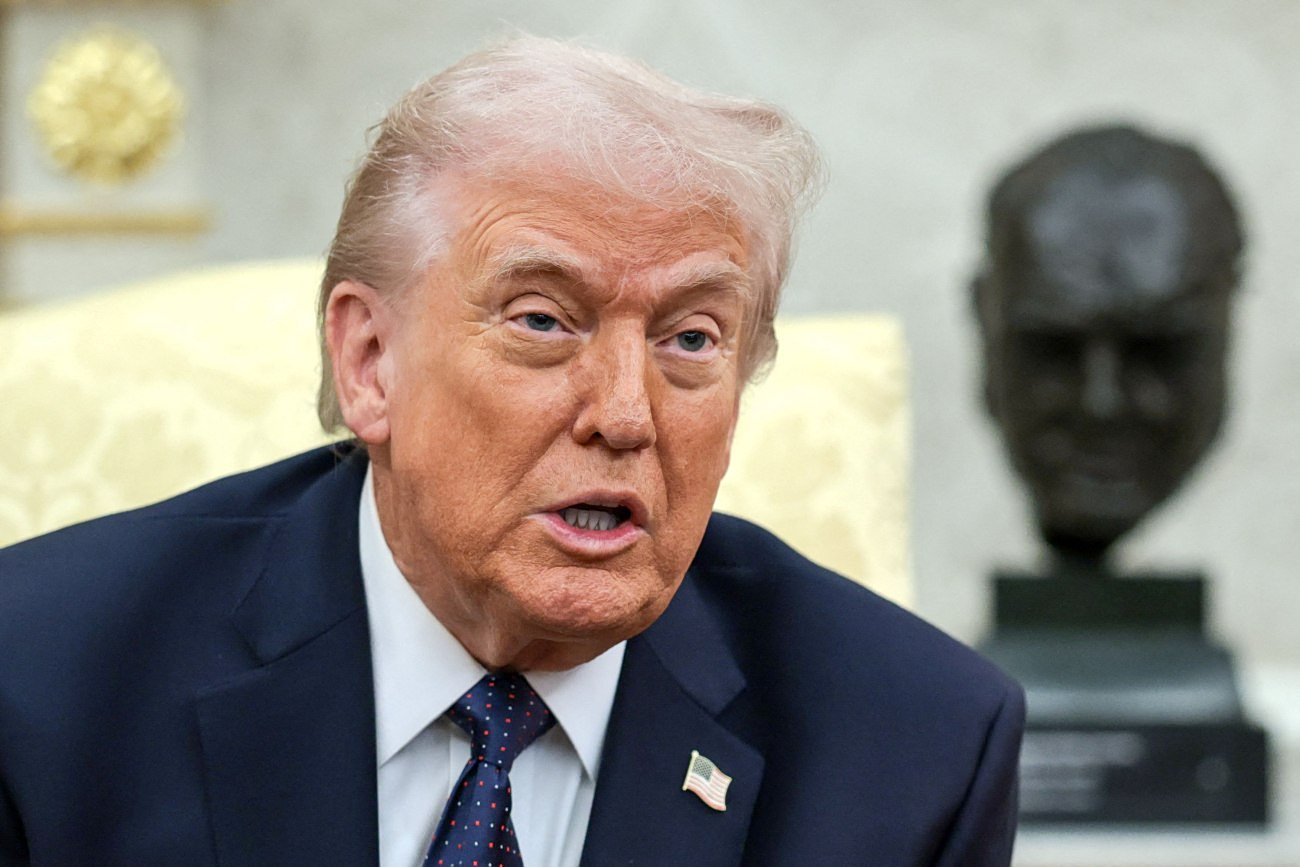
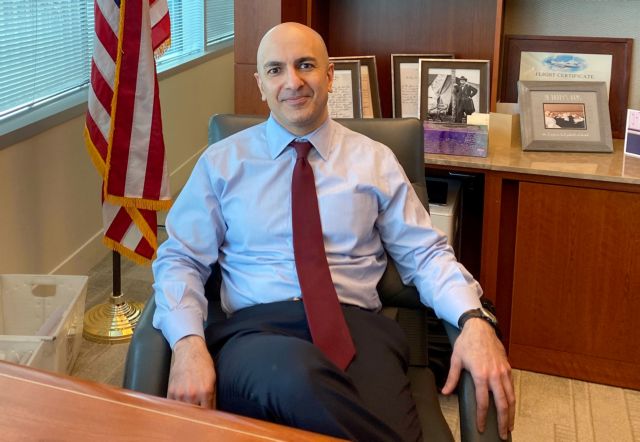


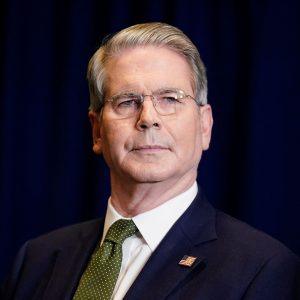



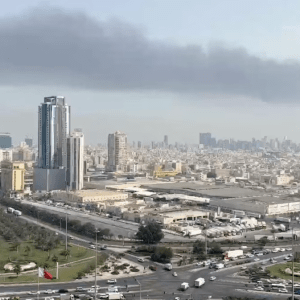
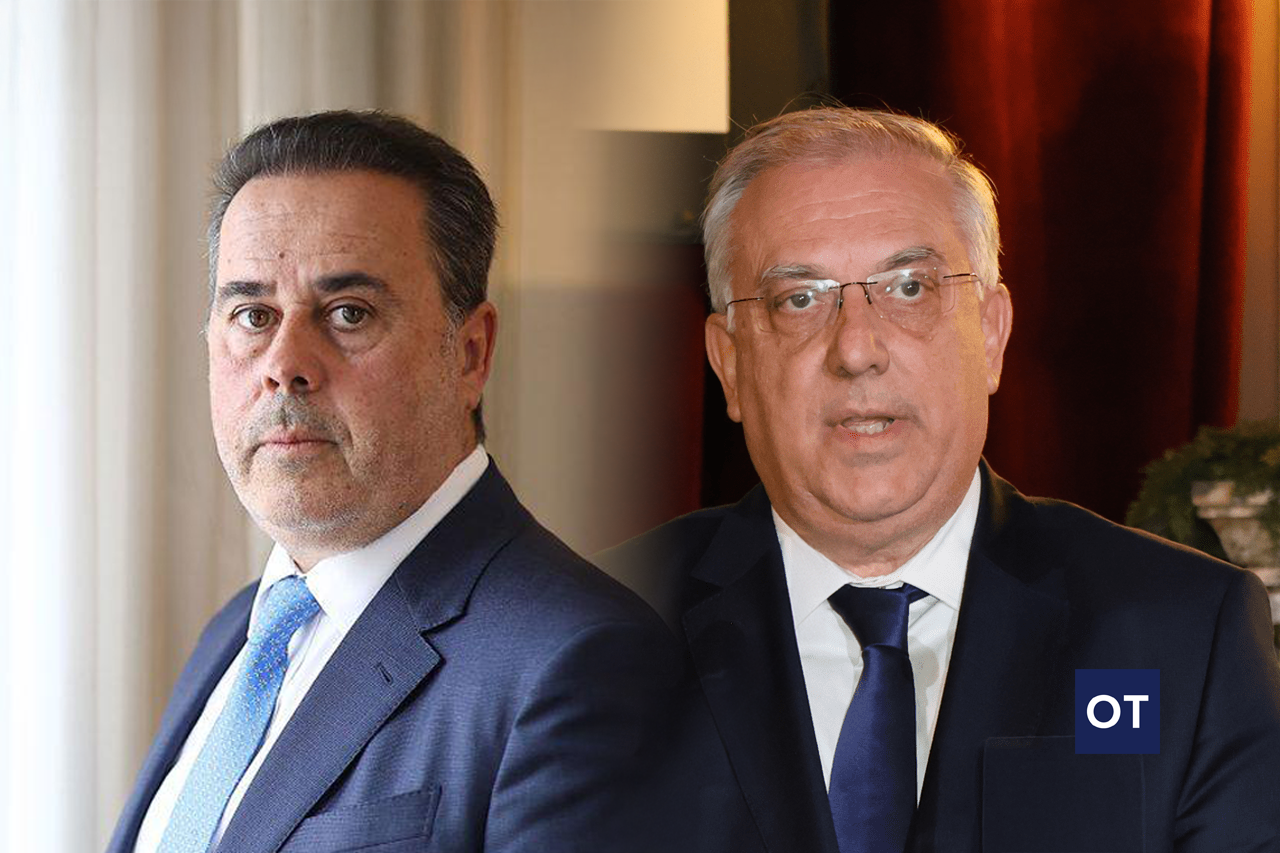
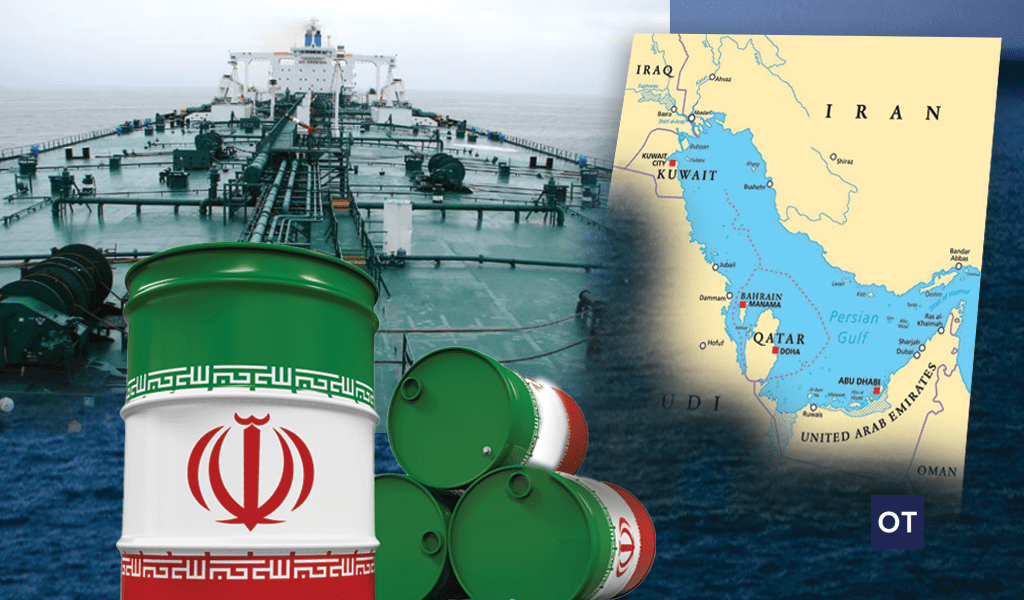

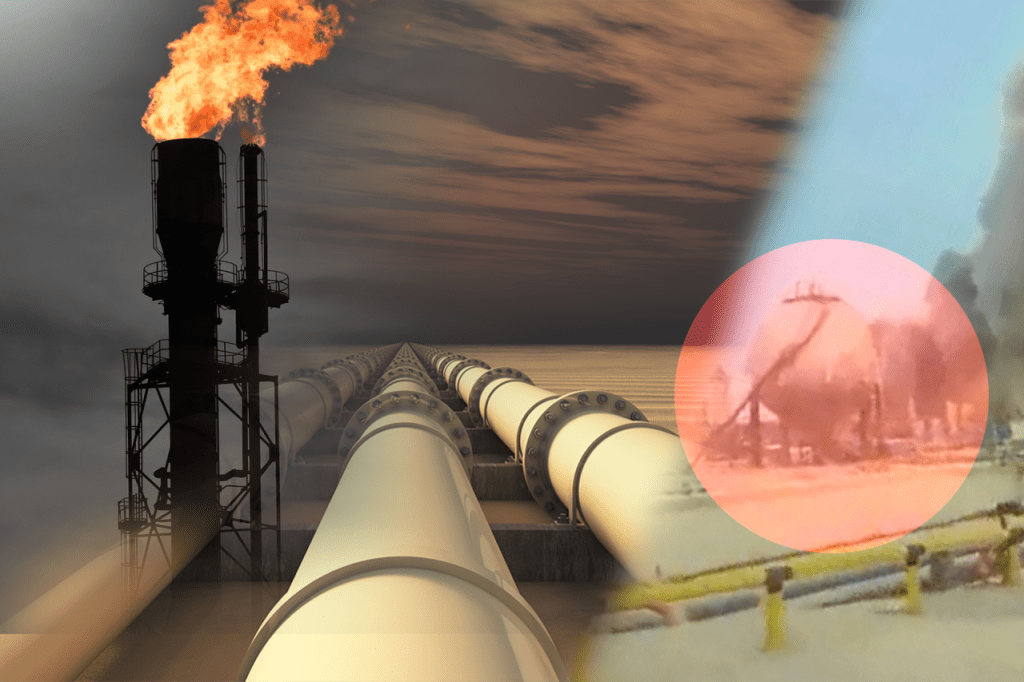
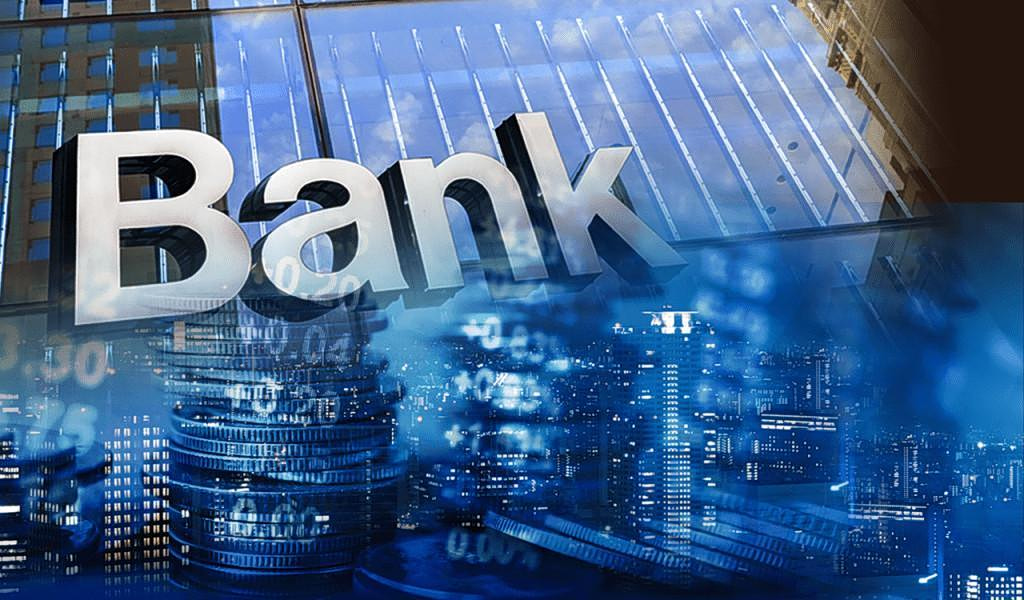


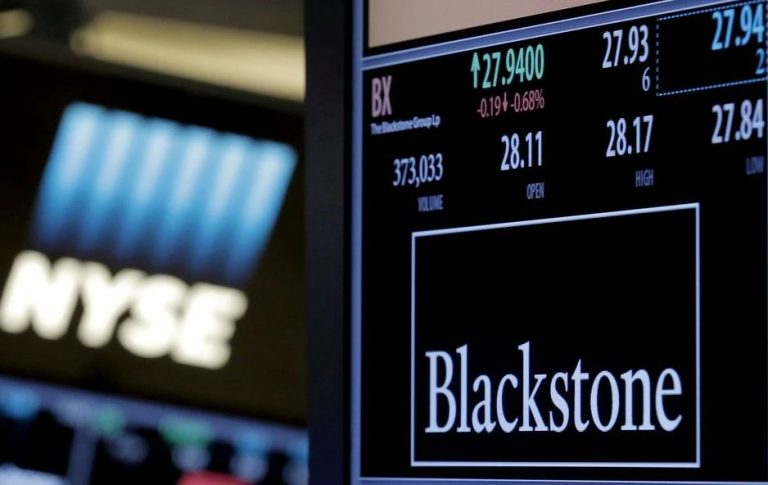

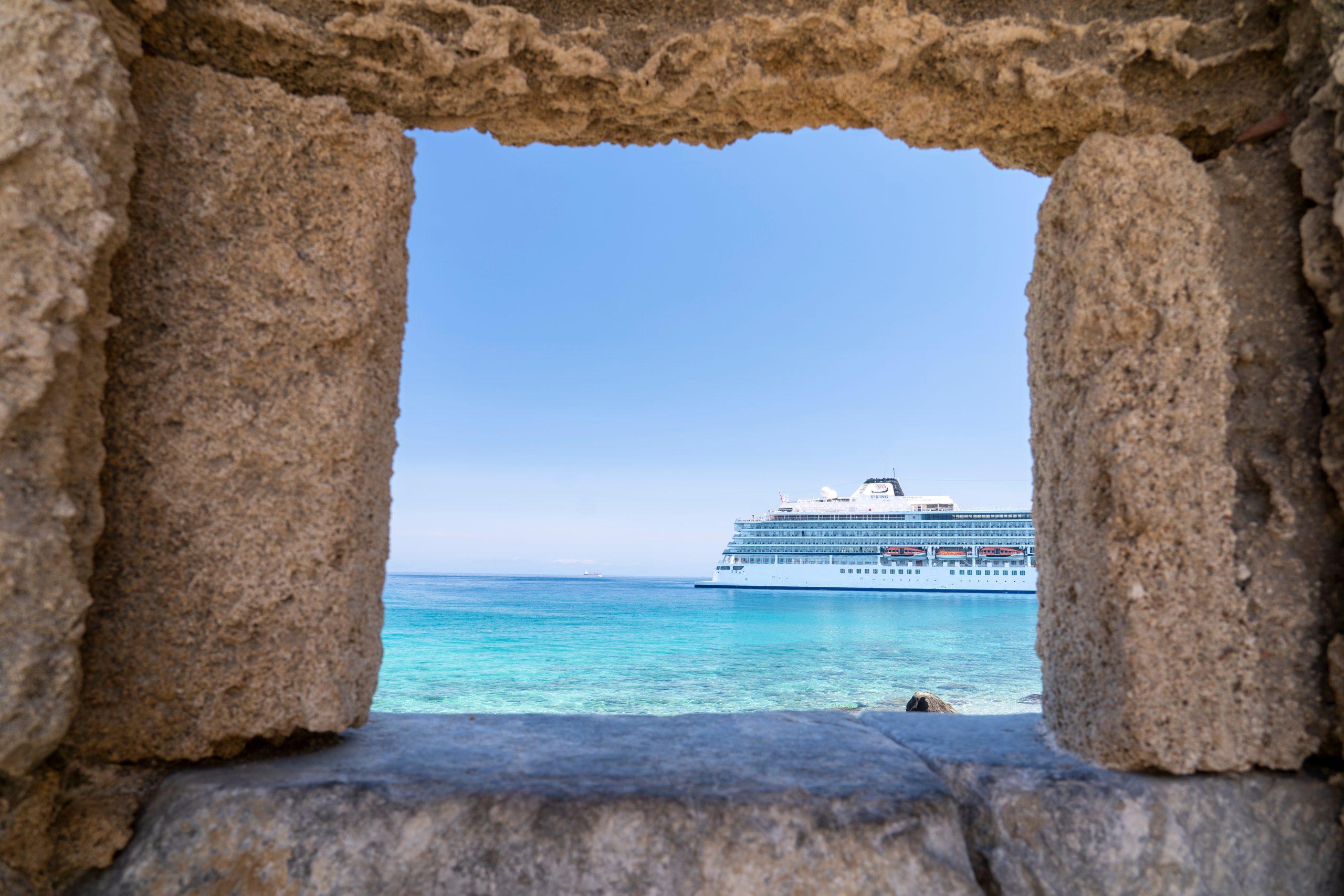
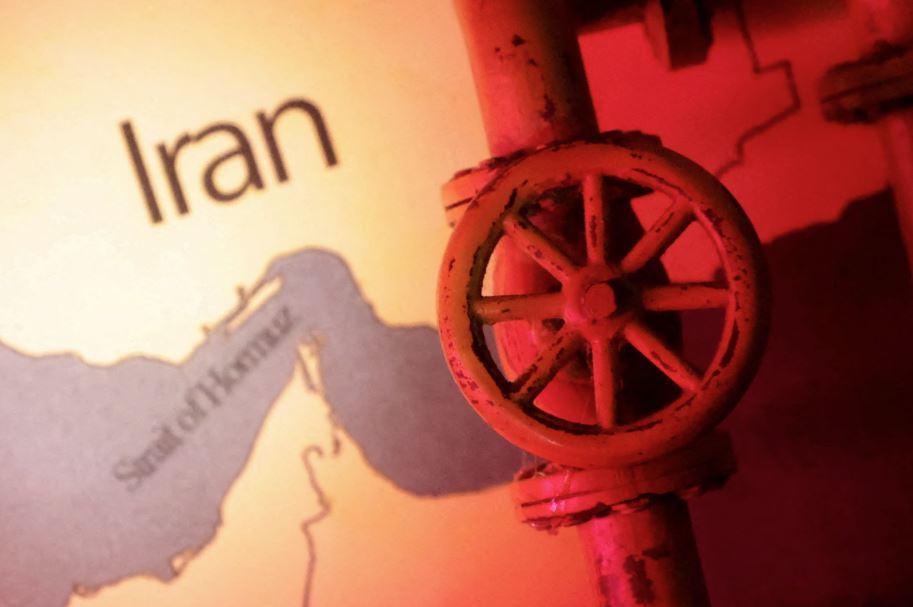
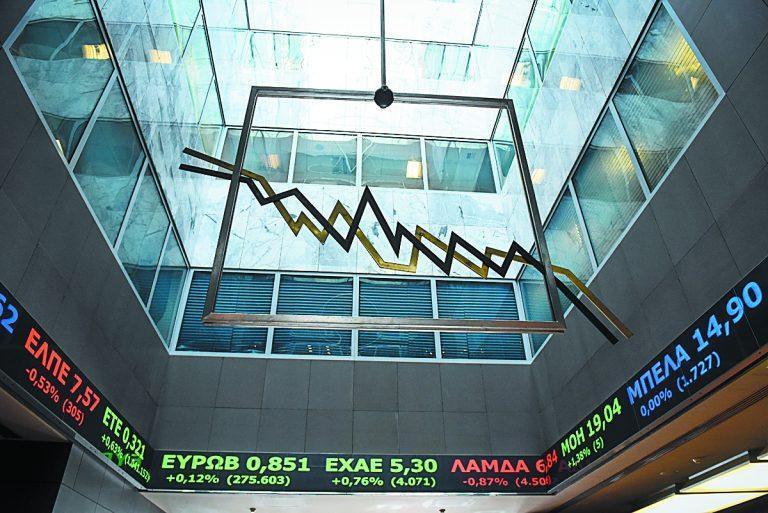
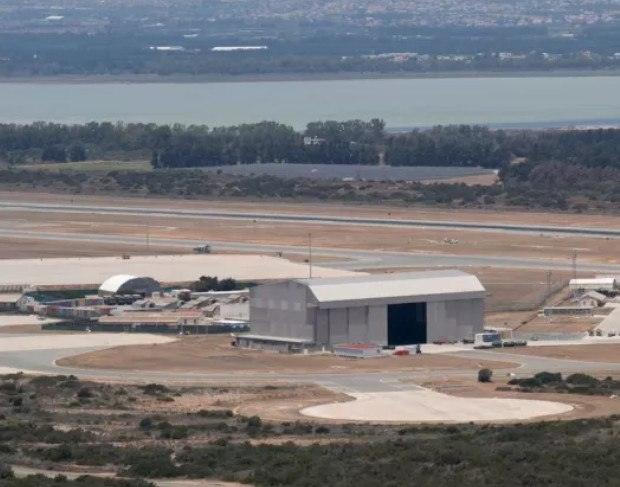



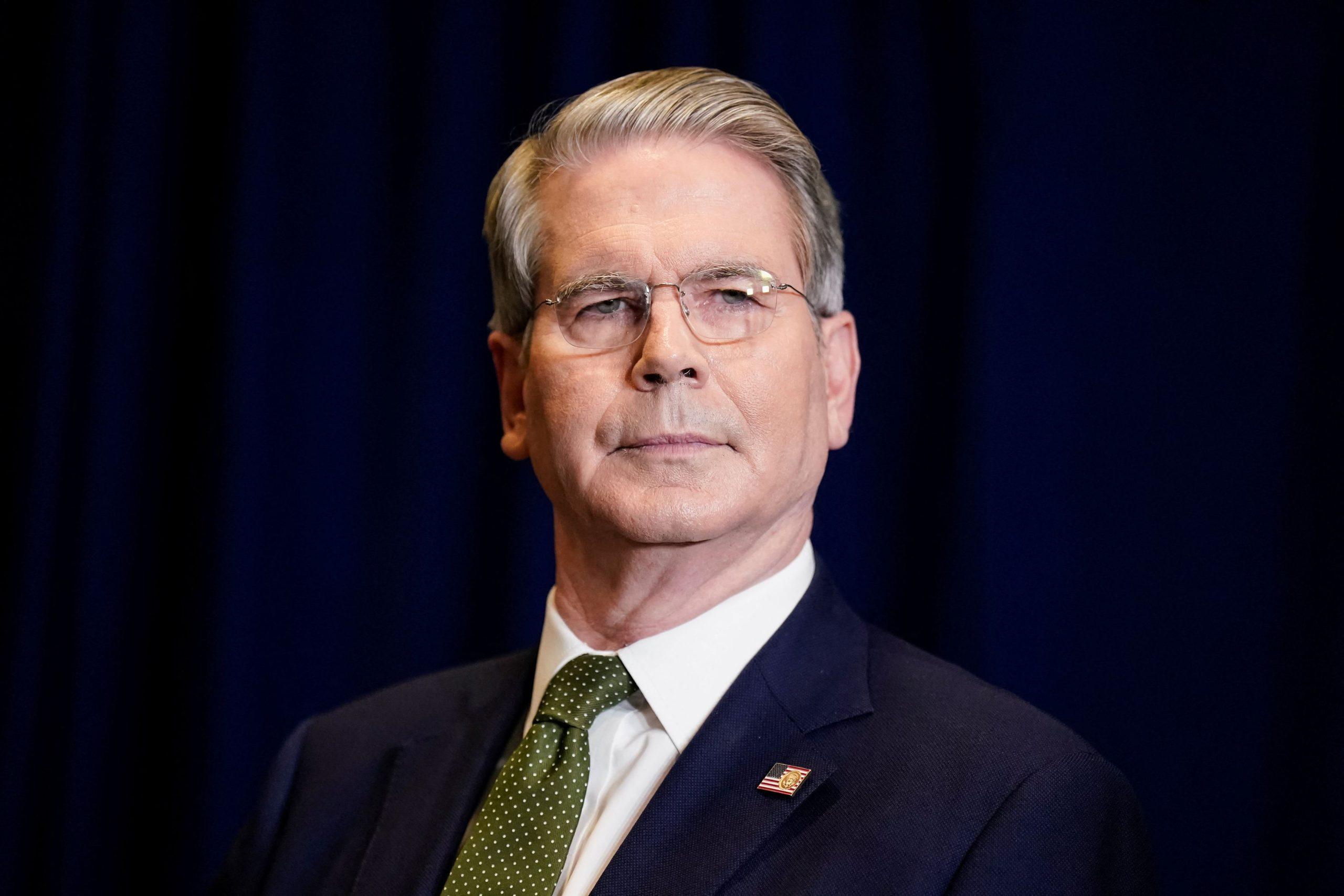
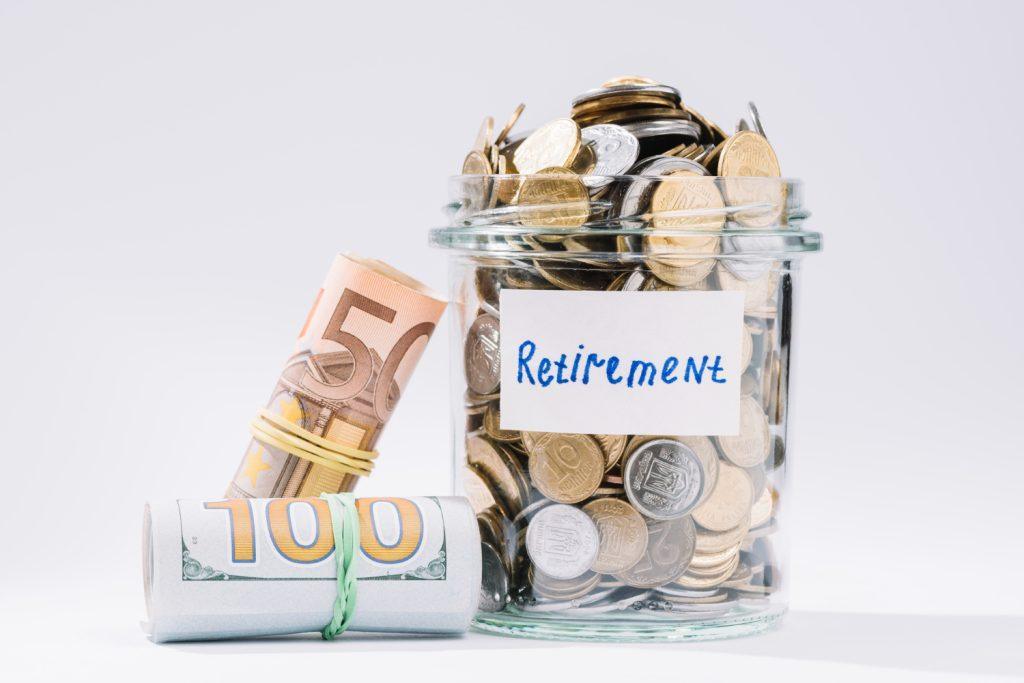

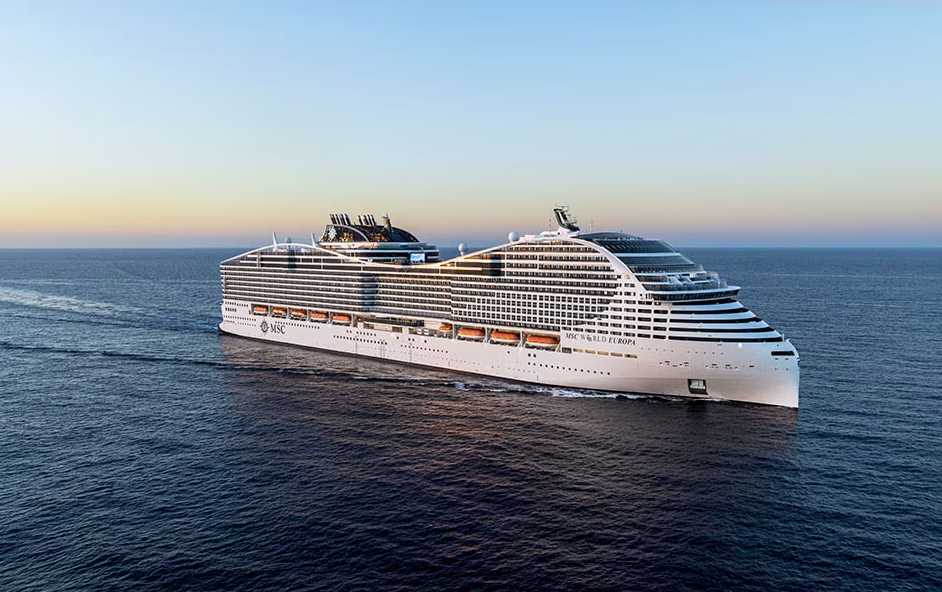
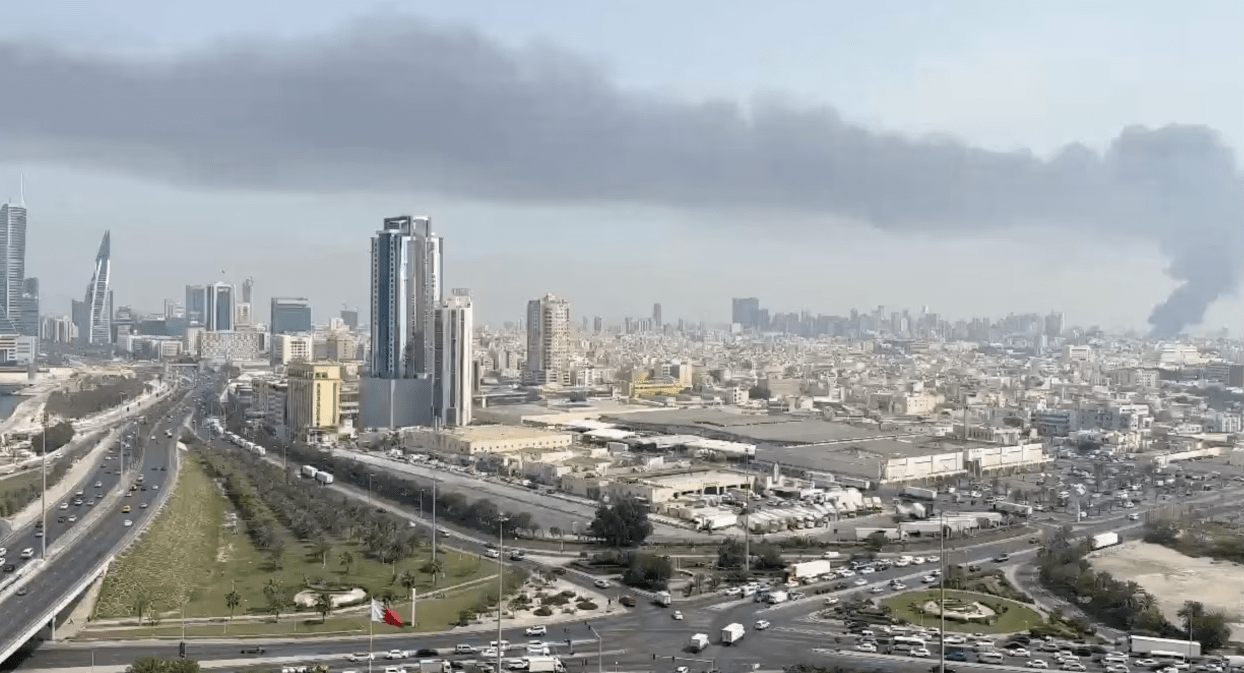

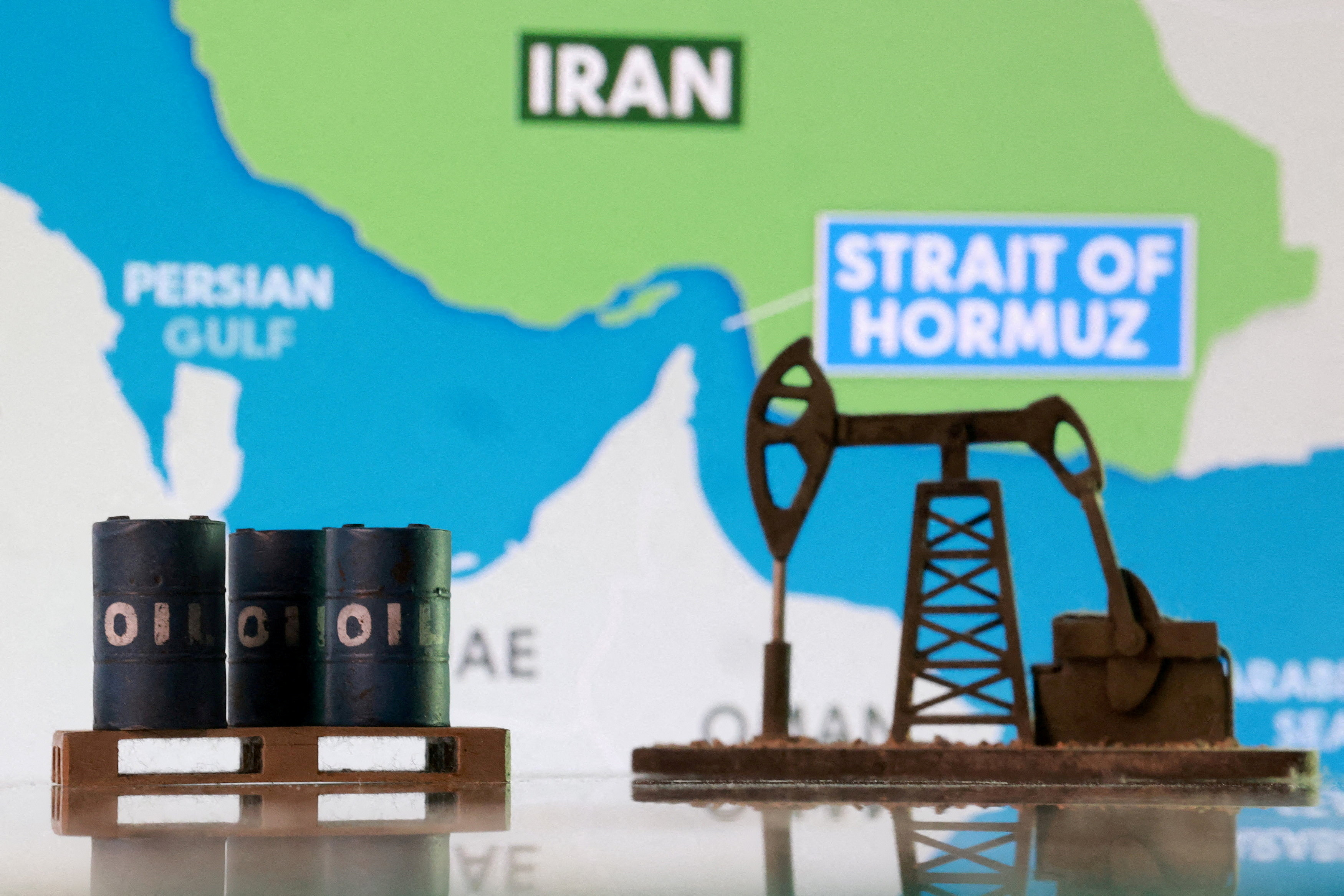
![Χρυσή λίρα: Μια ανάσα από τα 1.200 ευρώ η τιμής της [πίνακας]](https://www.ot.gr/wp-content/uploads/2026/03/ot_iran_war_lires_up.png)

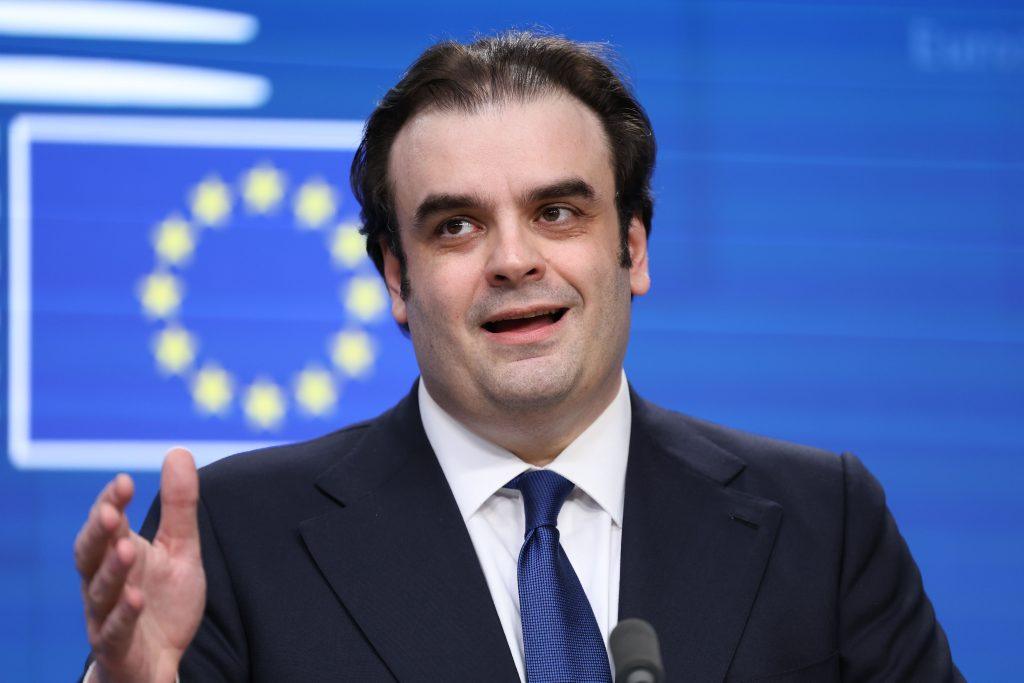

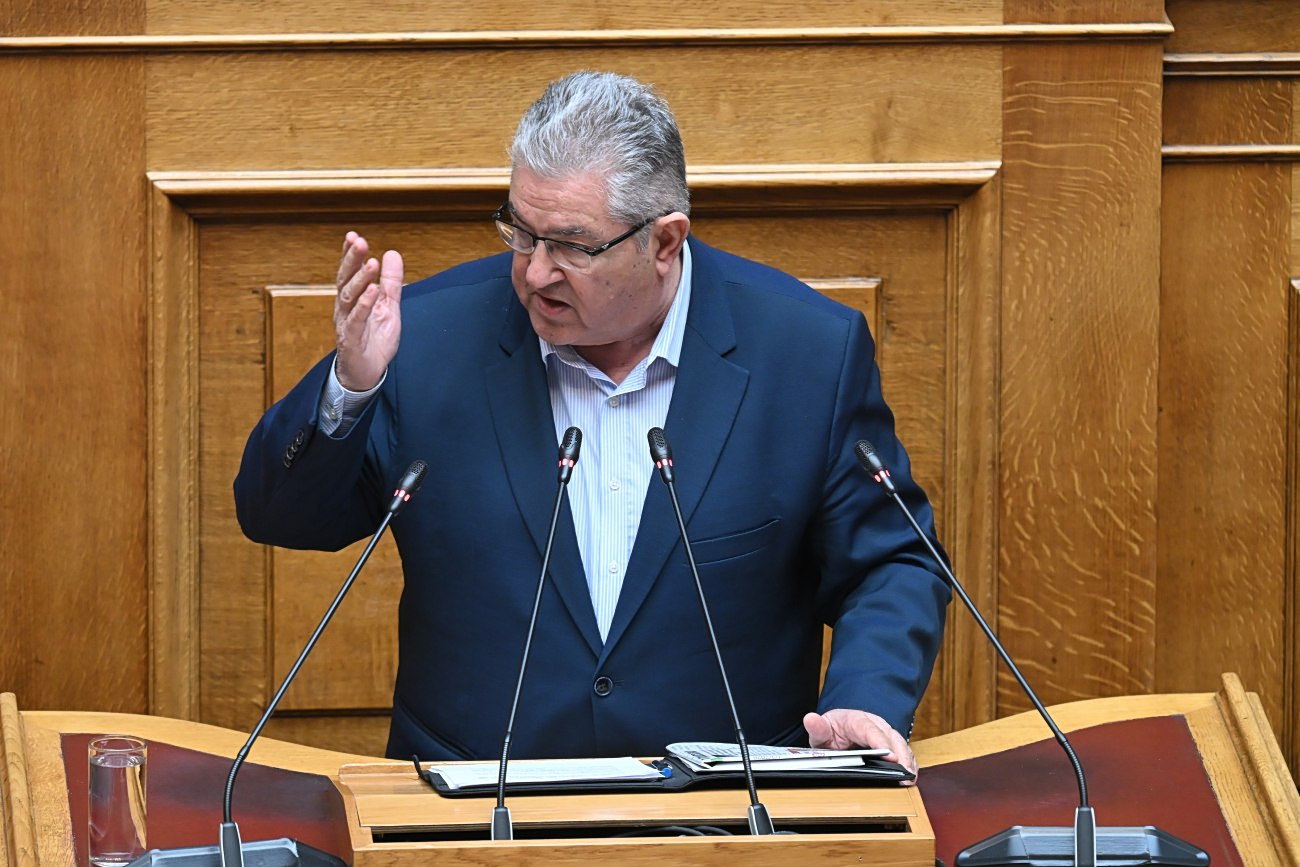
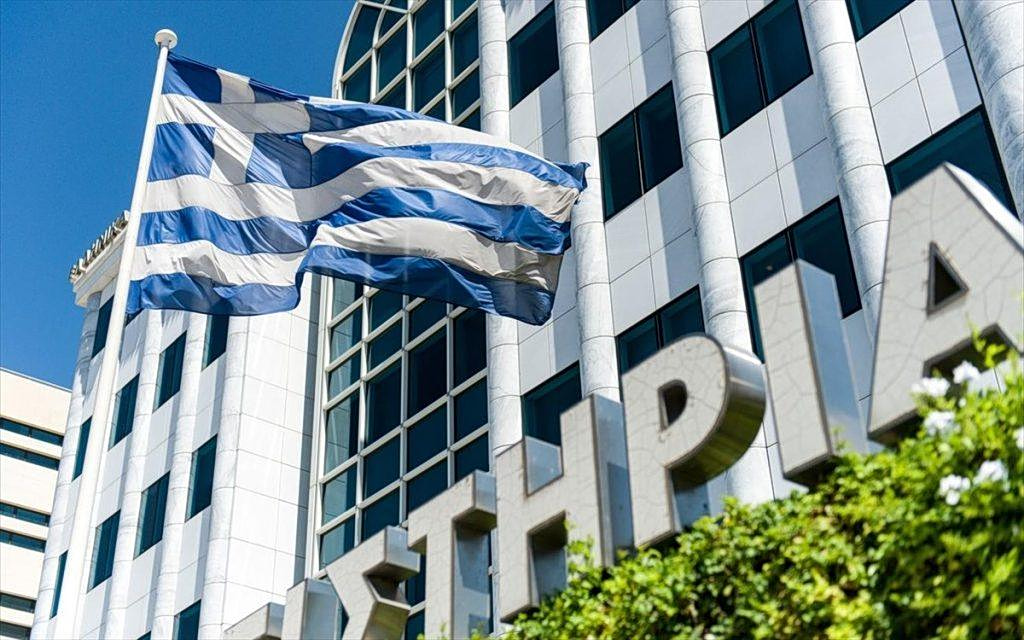

![Σούπερ μάρκετ: Στο 1,38% ο πληθωρισμός τον Φεβρουάριο [πίνακας]](https://www.ot.gr/wp-content/uploads/2026/02/SUPER-MARKET-1024x683-1.jpg)
